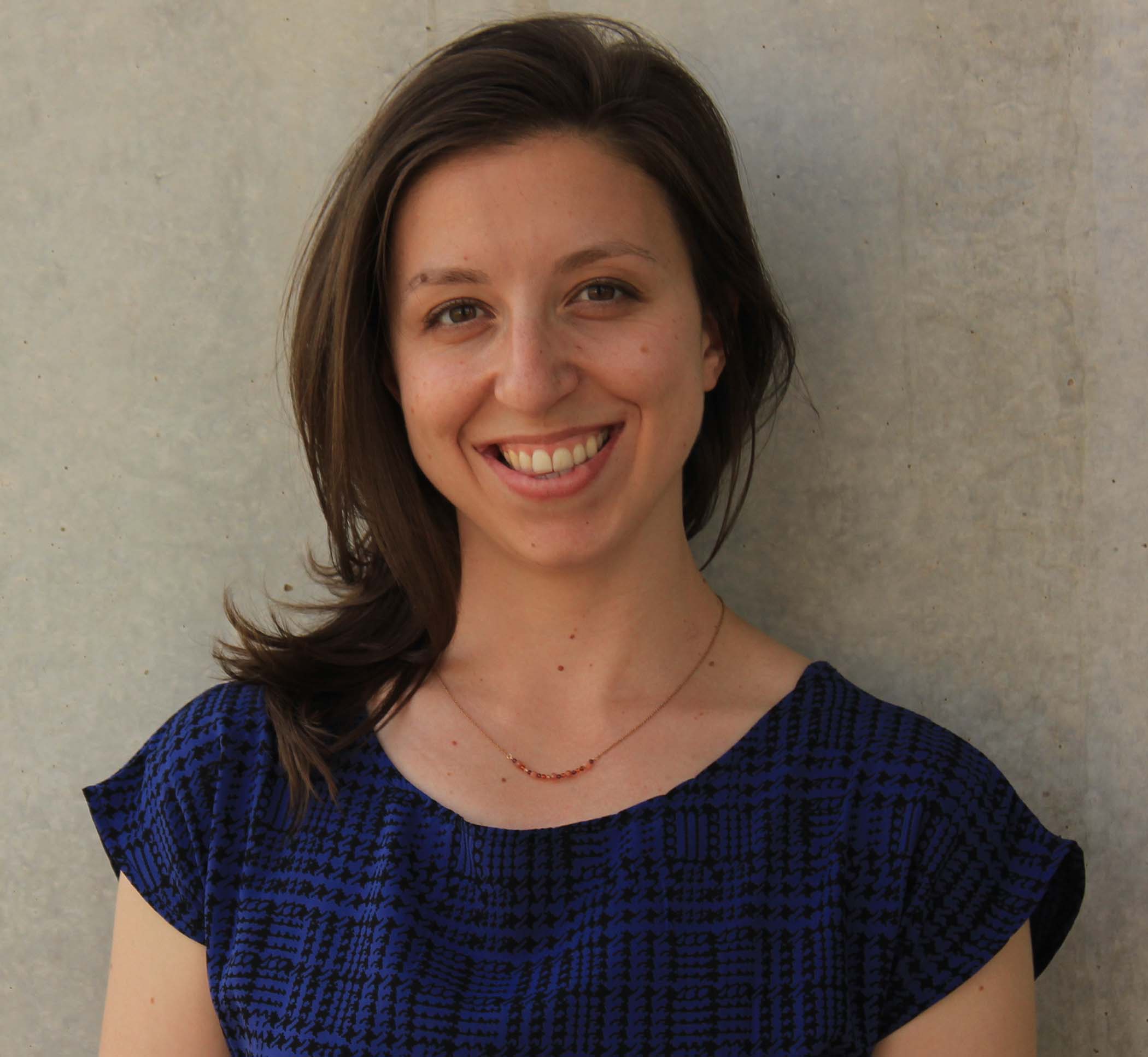Dr. Stephanie Corazza received her PhD in History and Jewish Studies from the University of Toronto in 2017. Her doctoral research focused on social workers involved in child rescue networks in France during the Holocaust. She has received training in Holocaust studies and pedagogy from the Holocaust Educational Foundation of Northwestern University, Yad Vashem, and the United States Holocaust Memorial Museum (USHMM). She has worked as a historian and educator for Canadian organizations dedicated to Holocaust education, including the Azrieli Foundation’s Holocaust Survivor Memoirs Program. Currently, she coordinates Holocaust Studies in Translation, an Academic Publications initiative at the Jack, Joseph and Morton Mandel Center for Advanced Holocaust Studies at the USHMM.
PhD Institution: University of Toronto
Research Topic during the Fellowship: Child welfare workers in France during WWII
Current Position: Project Consultant (Contractor), Holocaust Studies in Translation, US Holocaust Memorial Museum

